James Harrison: Committed to Building a UK-Based Pharma Business for Rare Diseases
In an era when many entrepreneurs are relocating to tax-friendly locations like Dubai, James Harrison, the founder of Cycle Pharmaceuticals, is firmly establishing his company in the UK.
Harrison, a Cambridge University alumnus from the 1990s, emphasizes a profound sense of gratitude to his country, which he seeks to honor by developing his successful pharmaceutical venture on home soil, even though none of his products are marketed in the UK.
“The taxpayer funded my education all the way through, including university,” he stated. “So if I’m going to build something, I feel a real responsibility to build it here, despite 100 percent of our revenues being in the US. We’re a British company, employing as many individuals as we can here, and we are committed to paying our taxes in the UK,” said Harrison, who is 51 years old.
This dedication to the UK is reflected in his intention to consider a listing on the London Stock Exchange if the company goes public in the future. Harrison remains optimistic about the UK public markets, even amid a slowdown in new listings and the recent announcement from Wise, a London-based fintech firm, about shifting its primary listing to New York. “If we go public, we will go public here,” he asserted.
Based in Cambridge, Cycle Pharmaceuticals specializes in developing treatments for rare pediatric diseases. The company reported sales of £100 million and a pre-tax profit of £32 million last year, with expectations of a sales increase to £148 million by 2025. Harrison noted, “We’ve just sent our first proper corporation tax cheque to [HM Revenue & Customs], and the interim payment was £4.4 million. This marks the beginning of repaying a personal debt to a country that has invested in me,” he explained. The company employs around 200 individuals, with approximately 75 located in the UK.
Harrison’s journey began when he received his acceptance letter from Cambridge in 1992. With both parents having served in the military—his mother as a wren in the navy and his father ascending to the rank of lieutenant commander—Harrison attended a grammar school near a naval base in Kent.
Demonstrating academic prowess early in life, he sat for his O-level maths examination at just 12 years old and achieved A grades in his A-levels in math, further math, physics, and chemistry.
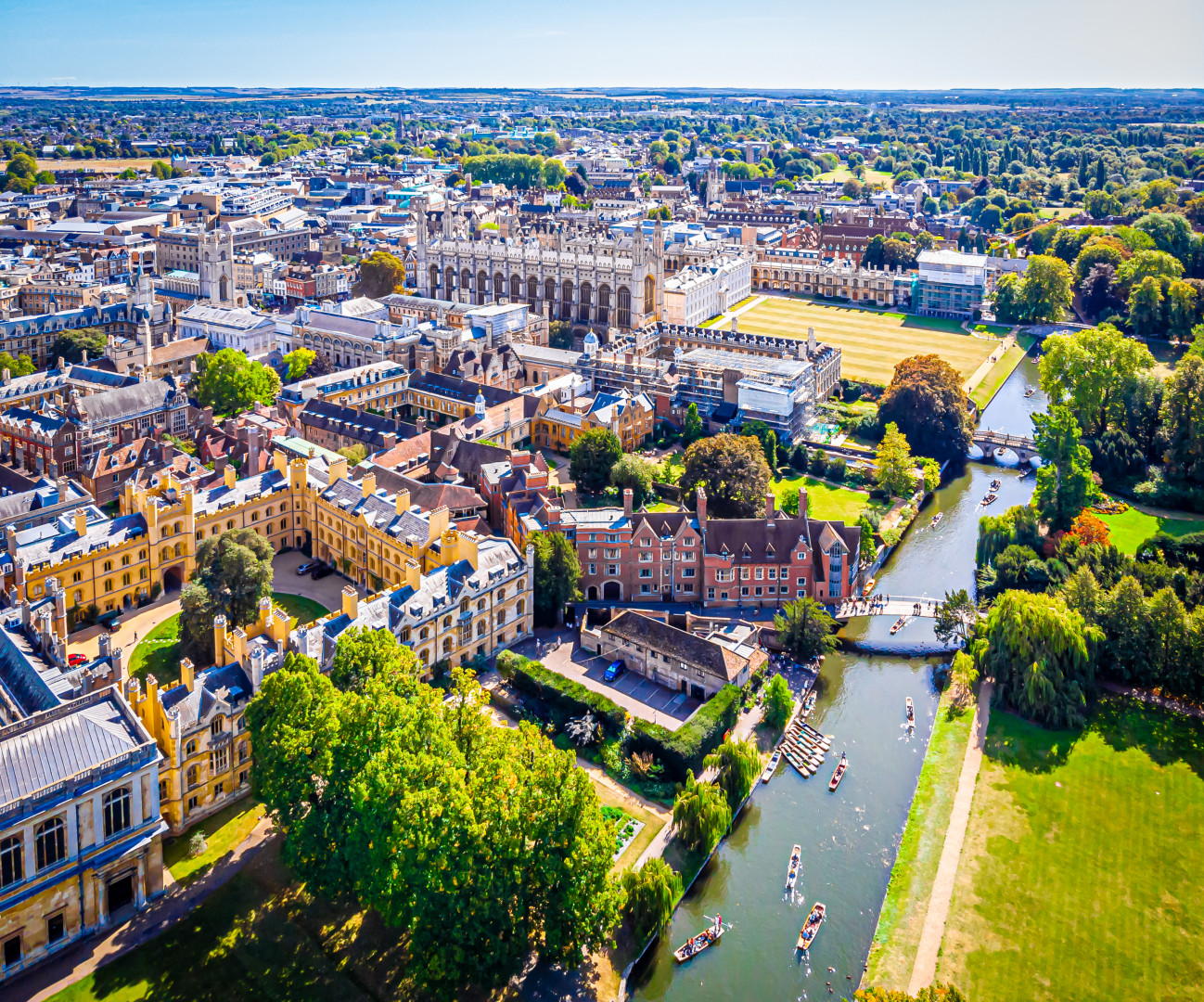
Harrison was the second in his family to attend university, following his older brother, who now holds a senior position at the Big Four accountancy firm, KPMG.
Achieving a double first in chemistry at Cambridge allowed him to secure a government-funded PhD position, although he left after a year, opting instead to work in the mergers and acquisitions division at Morgan Stanley in London. Subsequently, he was recruited to work for Soros Fund Management, where he quickly rose to a partner role by the age of 26.
“I enjoyed life in private equity because the outcomes were determined by my decisions,” Harrison reflected. “Initially, we relied solely on one source of funding—George Soros—allowing us to explore diverse strategies for profit. This included large leveraged buyouts as well as venture capital, assisting entrepreneurs from the ground up. One noteworthy venture was JetBlue, a budget airline in the US.”
Harrison and Soros connected through their mutual passion for tennis, often playing doubles together over the years. “He is an incredible person,” Harrison remarked. “I’d sometimes find myself at the wrong court, and he would come over to guide me. He was genuinely humble and kind.”
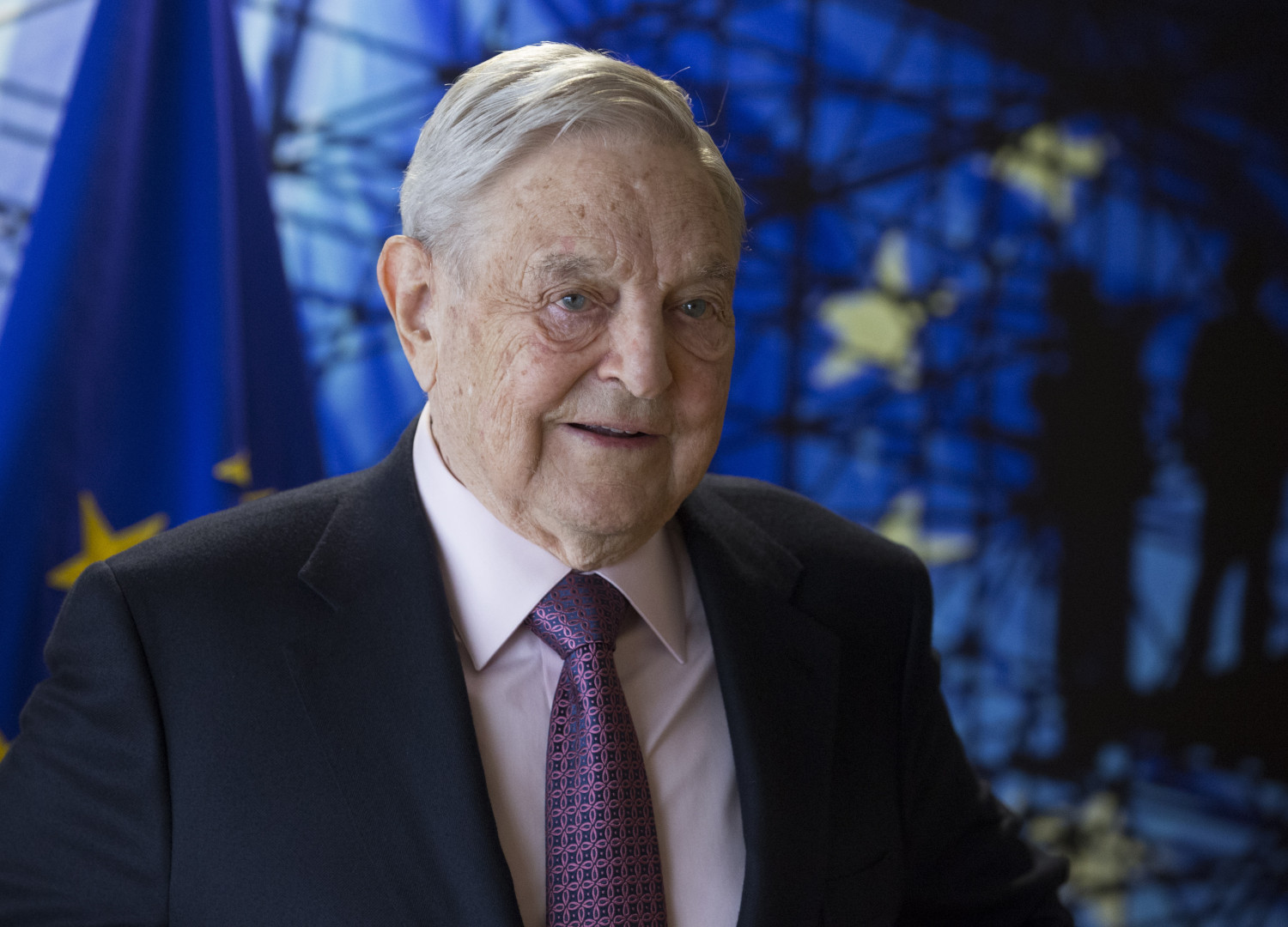
After spending over eight years at Soros Fund Management, Harrison made a pivotal career shift in 2008 when he took the helm at Archimica, an Italian pharmaceutical firm teetering on the brink of bankruptcy. He faced tough decisions to stabilize the company, including initiating layoffs, which led to significant backlash, including threats to executives.
Three years later, he sold Archimica and returned to Cambridge, where he began conceptualizing Cycle Pharmaceuticals. Recognizing a market gap for medications targeting children with rare diseases, he envisioned a company dedicated to providing lifelong treatments alongside holistic support.
“The goal is to assist some of the most vulnerable members of our society—children—born with rare genetic disorders,” he noted.
The first medication developed under his guidance was nitisinone, used in conjunction with a strict diet to treat tyrosinemia type 1, a rare liver disease that can prove fatal without intervention. Cycle Pharmaceuticals has since launched six additional treatments, primarily for conditions like multiple sclerosis, with eight more currently under development. The cost of treatment can be exorbitant, with some patients facing annual medication expenses exceeding $1 million, often covered by their insurance.
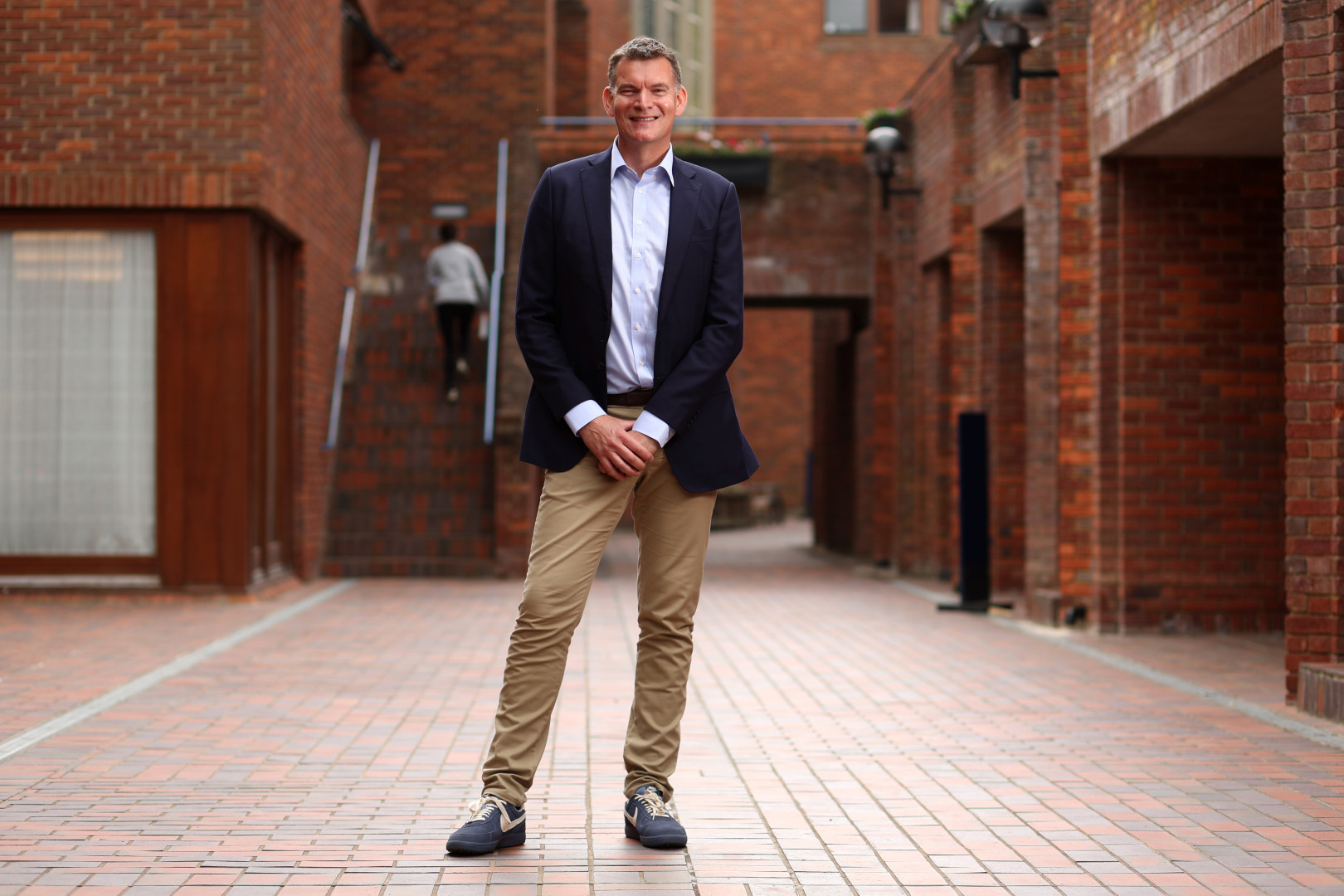
This business model, however, faces challenges in the UK, where the market for such specialized medicines is limited—only about 200 individuals in the UK suffer from tyrosinemia type 1—and the NHS is often cautious about high-cost treatments.
“The approach is to maintain low volume and high unit pricing,” Harrison explained. “High unit pricing is essential for funding the comprehensive support services we provide, like dietary consultations, while still achieving profit margins.”
“Developing these treatments is expensive, so successful development must yield substantial financial returns to justify future endeavors. Unfortunately, there are approximately 7,000 rare diseases, and the number continues to rise,” he added.
Cycle Pharmaceuticals expanded in January by acquiring Banner Life Sciences, a U.S.-based company specializing in multiple sclerosis treatments. “It’s refreshing to see a UK company acquiring a U.S. firm instead of the other way around, which has been the trend as Americans buy up UK businesses, particularly in Cambridge, which frustrates me,” Harrison remarked.
Despite conducting all of his business in the U.S., Harrison is unfazed by the prospect of tariffs, particularly with President Trump signaling potential scrutiny towards British pharmaceutical firms. “Operations continue as usual; it’s challenging to anticipate shifts that can occur daily. Our products have diverse supply chains, and we take ownership at various stages, adding to the complexity,” he said.
With strong profit margins, Harrison can afford to provide his medications free of charge to patients in developing countries. This philanthropic commitment is enshrined in Cycle Pharmaceuticals’ articles of association. “The highlight of my week is receiving photos from families in Bangladesh of their child attending school for the first time—a child who likely would have faced death due to liver failure without our intervention,” Harrison shared. “We have 50 children like that, mostly in Pakistan, India, and Bangladesh. This is the driving force behind my work.”
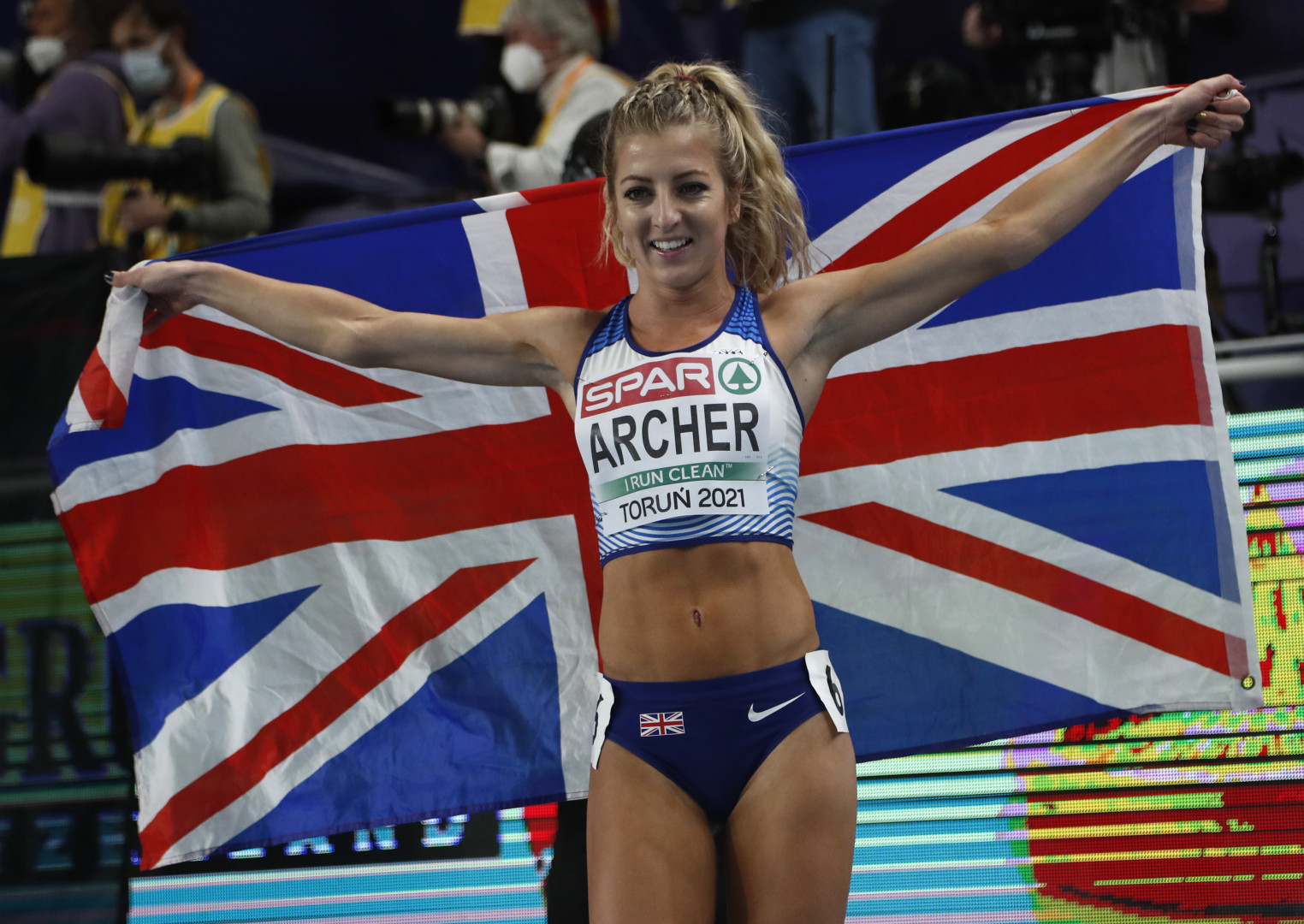

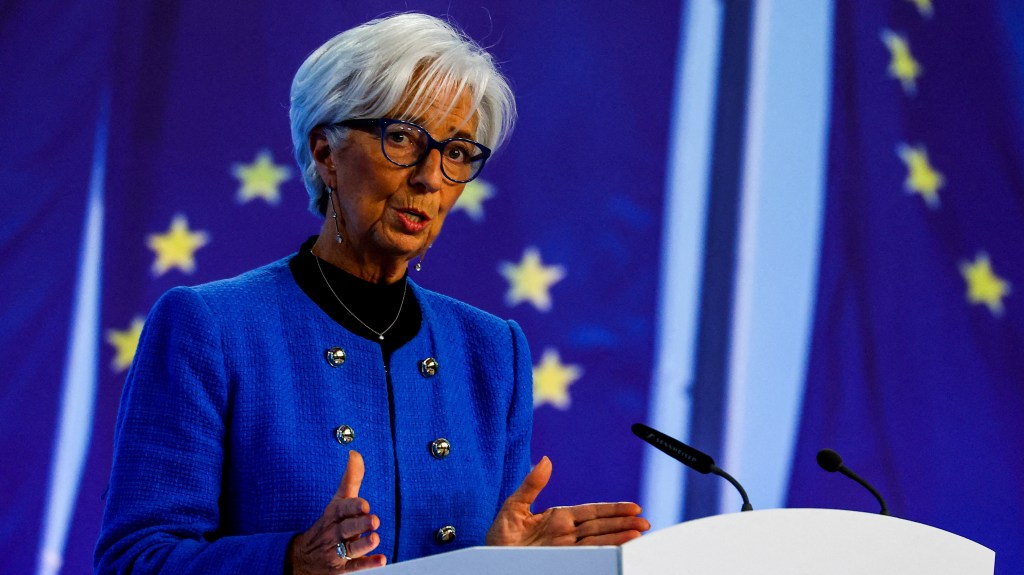
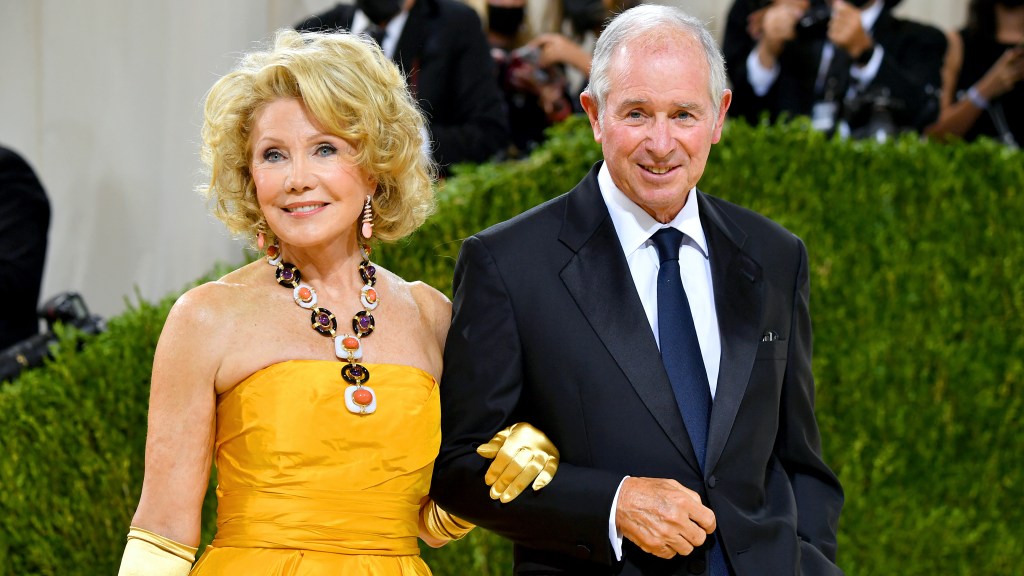
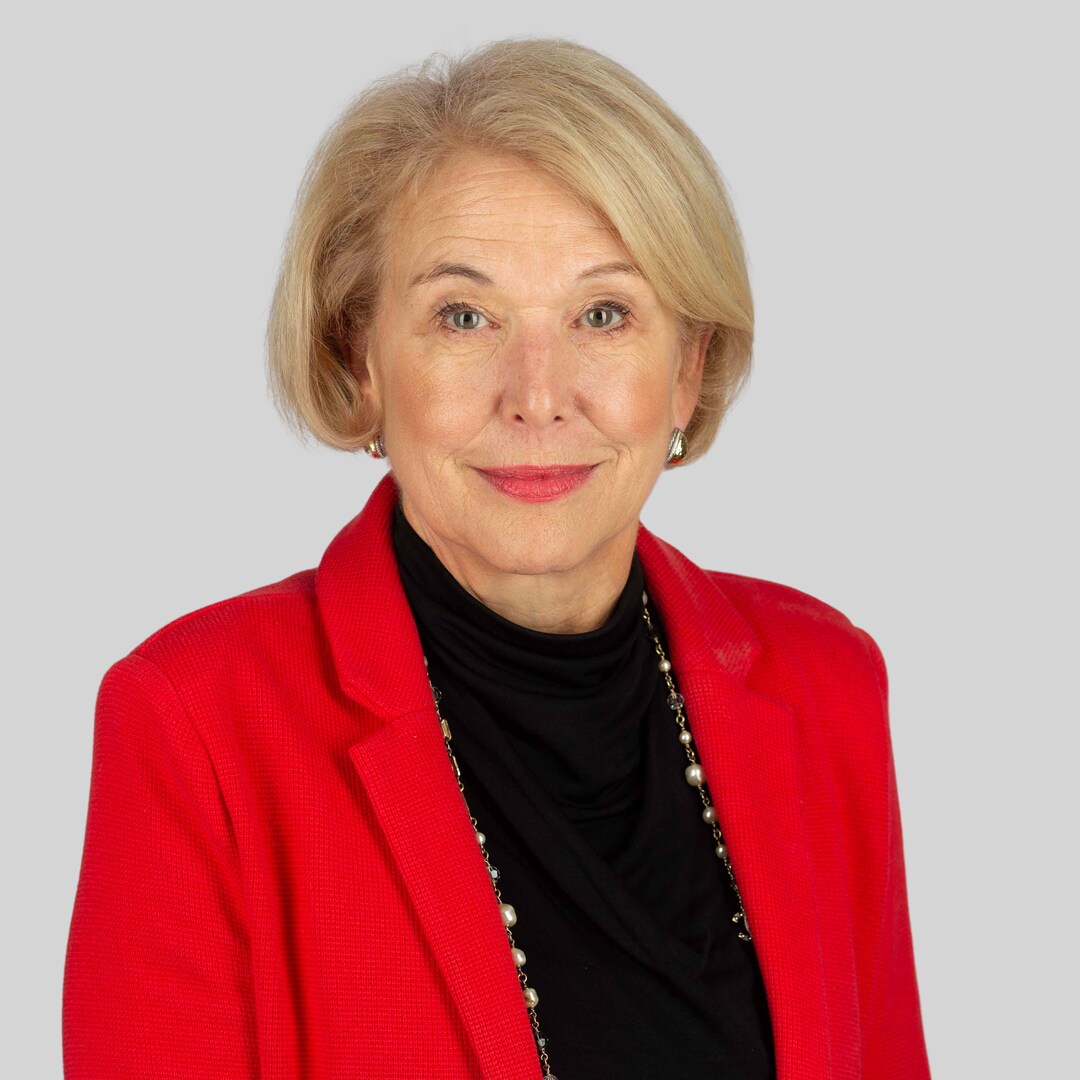
Post Comment